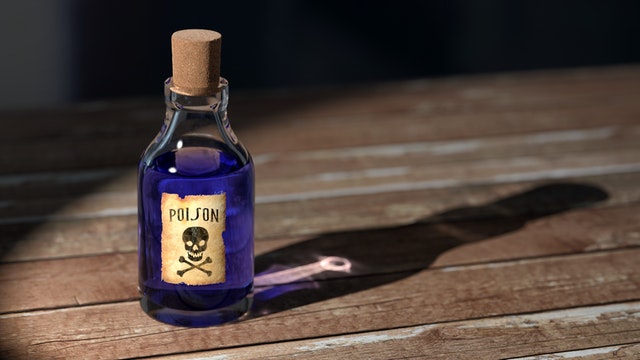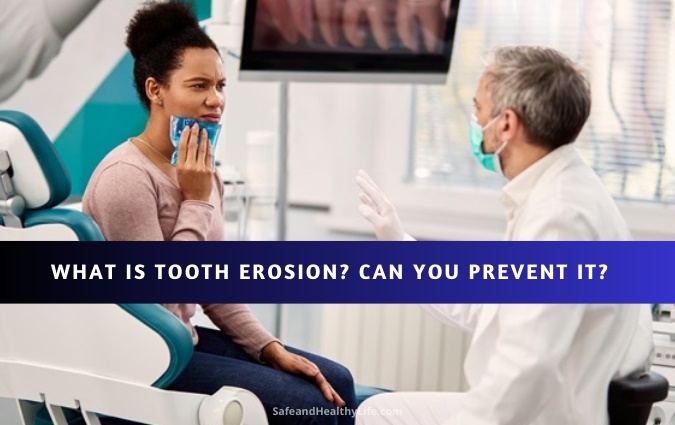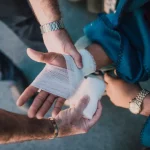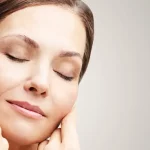
Image Source: Pexels
Accidental poisoning is still one of the primary causes of childhood injury in Australia, and it sends thousands of children to hospitals every year. While anyone can be a victim, the young and the old are especially prone to poisoning. Young children are innately curious, and they can end up ingesting or coming in contact with poisonous substance while exploring. Seniors, on the other hand, can be confused with their pills and may end up taking too much of one substance or mistaking one item for another.
Poisoning refers to injury or death caused by ingesting, inhaling, touching, or injecting poisonous substances. Poison, on the other hand, refers to any substance that can harm its consumer. It can take the form of prescription drugs, gases like carbon monoxide, household products like detergents and cleaners, various plants like pink and yellow oleanders, and metals like mercury and lead.
Identifying the different signs of poisoning is one of the lessons covered in basic first aid courses in Perth, as each substance can have different symptoms. A person who has absorbed toxic substances can feel nauseous and vomit, have elevated temperature and heart rate, or have difficulty breathing, among others. They can also exhibit burns around the mouth, have breath that smells of chemicals, and become drowsy or confused. Other symptoms include skin rashes, blurred vision, diarrhea and stomach pain, irritability, seizures, and loss of consciousness.
Preventing Poisoning at Home
How do you make your home a safer space for children, seniors, and even pets? Here are some of the steps you can take to prevent poisoning at home.
- Keep dangerous substances out of reach. The first step in avoiding poisoning is keeping poisonous or toxic substances away from children. Check each room for medicines, household cleaners, and other possible poisons. Use childproof containers for medicines to prevent children from accidentally opening bottles and eating their contents. Make sure that all possibly harmful substances are behind locked doors, out of sight, and out of reach of children.
- Keep substances in their original containers. To avoid confusing one substance for another, keep liquids, powders, and pills in their original containers. If you must transfer them to a smaller container, make sure to label the new container clearly to prevent accidental ingestion.
- Avoid storing food and household cleaners together. Don’t store household cleaners in the same place or cabinet where you store food substances. This may confuse children, and they may mistakenly take items in the cabinet that are not meant to be eaten.
- Return unused or expired medicines to your local chemist. Dispose of unused or expired medicines properly by bringing them back to the pharmacy. Don’t leave them around the house as children may get to them or you might end up accidentally using them.
- Teach children that medicines are not candies. Avoid taking medicine in front of children and resist calling medicines lollies or candies. Rather, explain to kids what medicines are for, what they do to the body, and why it’s important to take them only when needed.
In Case of Poisoning, What Should You Do?
If you suspect poisoning, call the Poisons Information Centre (13 11 26) immediately for assistance. If the victim has lost consciousness or is not breathing, it’s best to call the Triple Zero (000) Emergency Service. As much as possible, find out what the poisonous substance is, as this information can help in the treatment process.
Prevention is better than cure, especially when it comes to cases of poisoning. Pet- and child-proofing your home, consistently storing away household cleaners, and labeling various substances can add to your daily tasks. However, putting in this extra effort is much less stress-inducing than the trauma and worry brought about by a poisoning accident.
*This article is for informational purposes only and does constitute, replace, or qualify as RPL for first aid training courses.
About The Author:
Anne Kamwila is a freelance content writer and a digital marketer. She is passionate to write on health, technology, and business related guides, news, and books.




